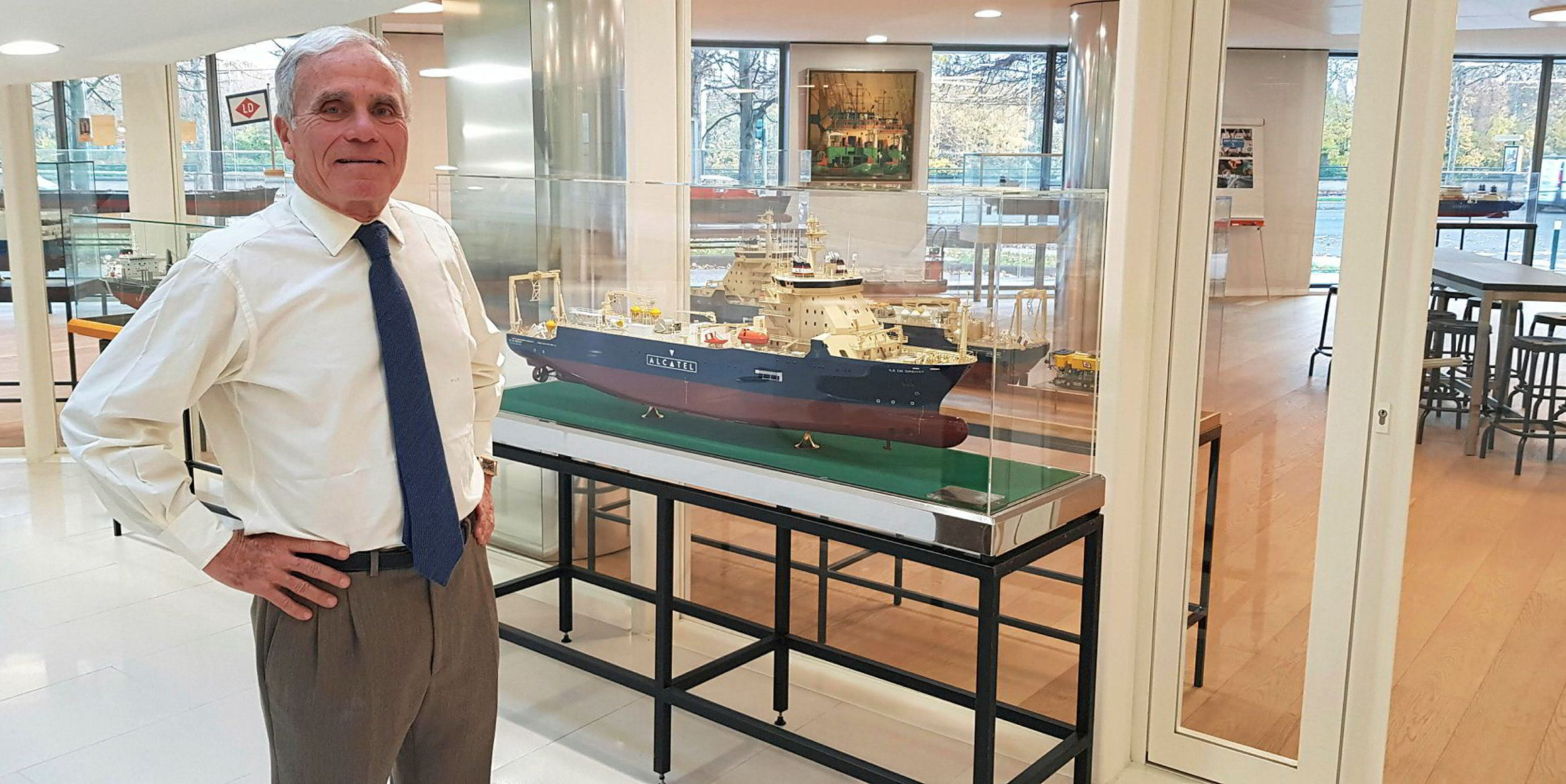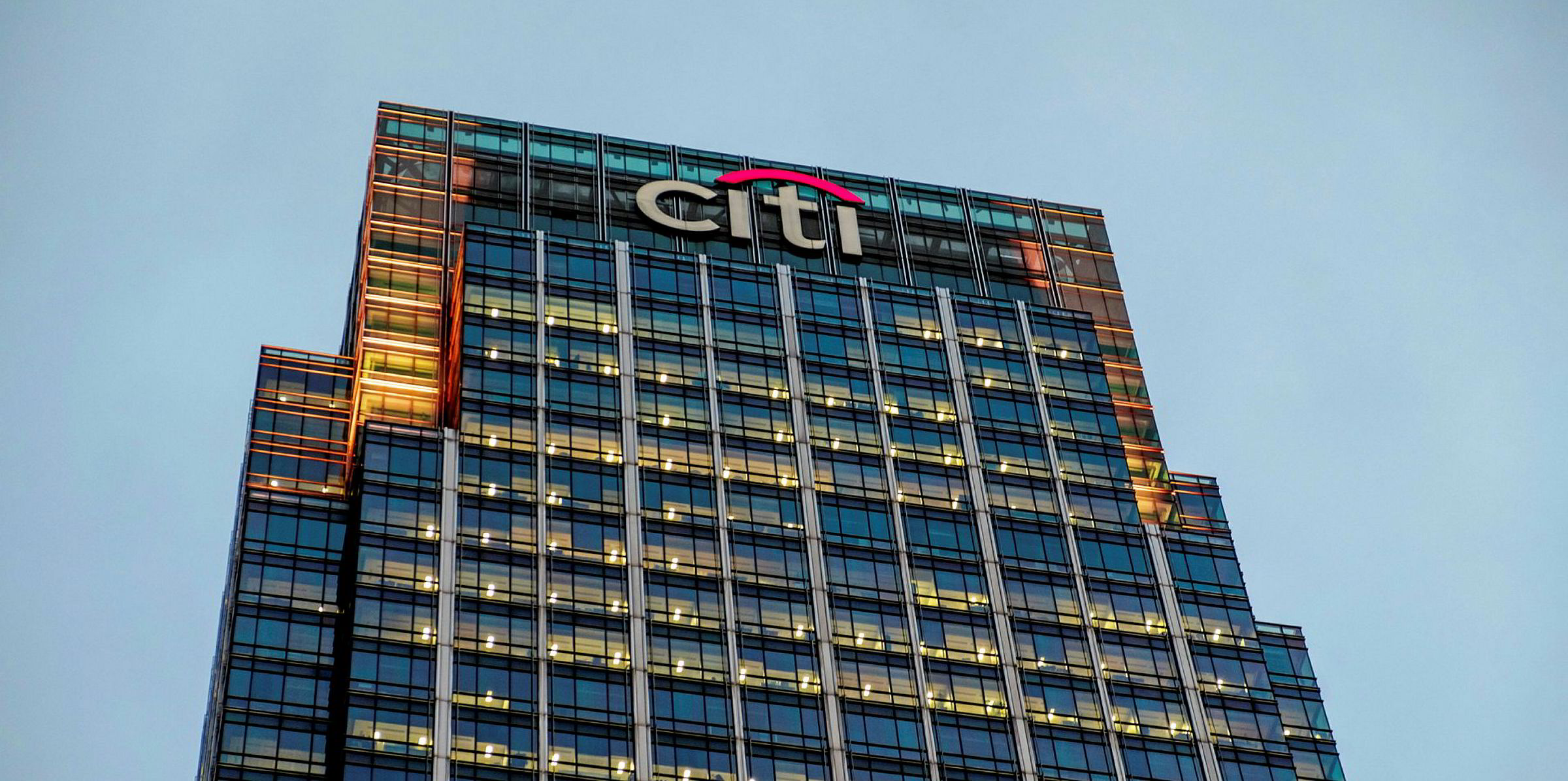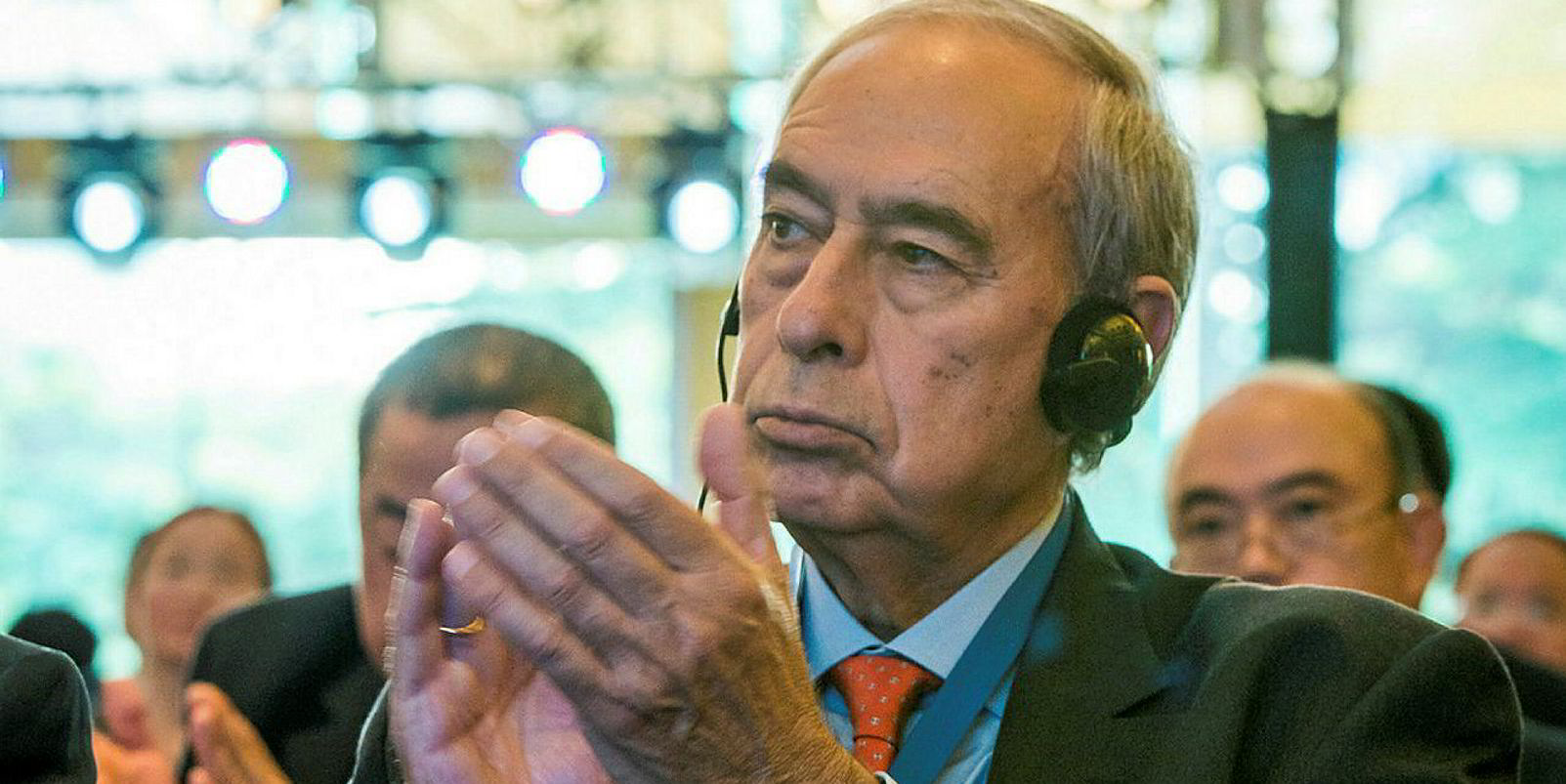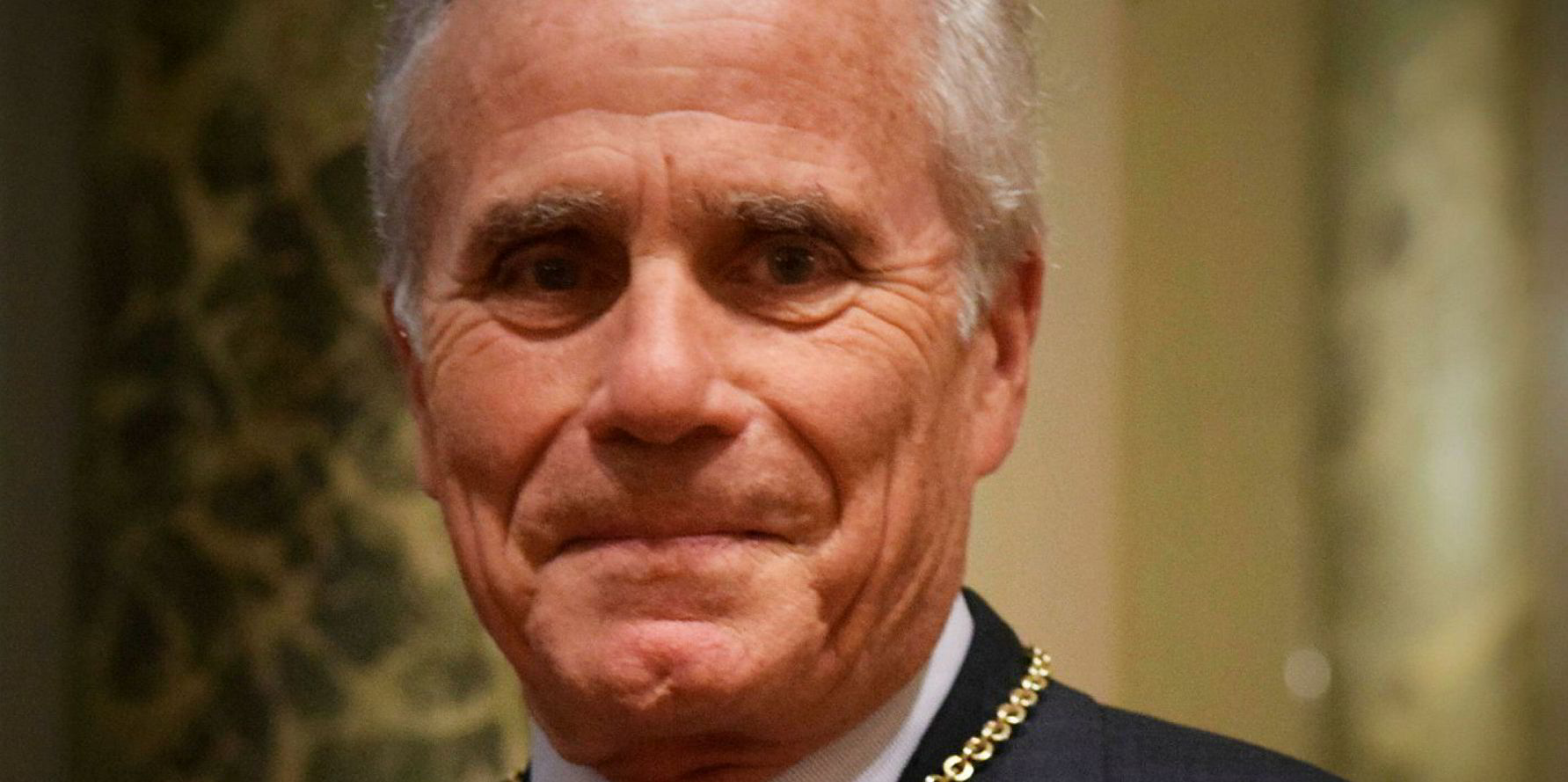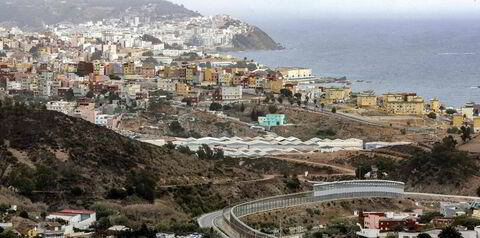In shipping, Philippe Louis-Dreyfus' voice has been loudest on matters of environmental regulation in recent years. But the shipowner is also hoping to make changes in the business environment across his native France.
This year, the Louis Dreyfus Armateurs chairman became an inaugural member of the corporate governance committee of the Movement of French Enterprise (Medef), the country's leading confederation of business interests.
The committee is trying to persuade the corporate community that good governance practices are not a constraint on making profits, but rather a driver of better performance.
For Louis-Dreyfus, the discussion is also an opportunity to address a problem he sees in companies in France and elsewhere: the preponderance of short-term thinking.
His vision is to bring a long-term view into the boardrooms of French business. This envisages a business world where there is "real cooperation" between shareholders and a company's employees, where purchasing decisions are not focused solely on securing the lowest price but also on quality, and where business returns to a more "virtuous form" of capitalism.
Louis-Dreyfus' view is mainly aimed at public companies, where investor pressure may lead firms to pay dividends or announce good news in the short term, when it is not in the company's best interest in the long term.
'Bad for the future'
"That's bad for the future, for the company and for the people working at the company," he says.
This, he adds, is something that is not usually seen in family-run companies such as Louis Dreyfus Armateurs, where he is chairman and his son, Edouard, has taken over as president.
Louis-Dreyfus says family-run companies are better at taking decisions that are in the best interests of all their stakeholders, down to the level of workers.
But while he would like to see more family-run businesses in France, he believes it is possible to have corporate governance with a long-term view in public companies as well.
After all, for Louis-Dreyfus, weak corporate governance practices that do not take long-term stakeholders into account are reverberating into politics, where populism is on the rise, in part because people feel that large corporations are leaving them behind.
This can be seen in the "yellow vest" demonstrations that flared up across France this year, which the shipowner says represented the real problems faced by people who lack confidence that businesses can bring them a "better life tomorrow".
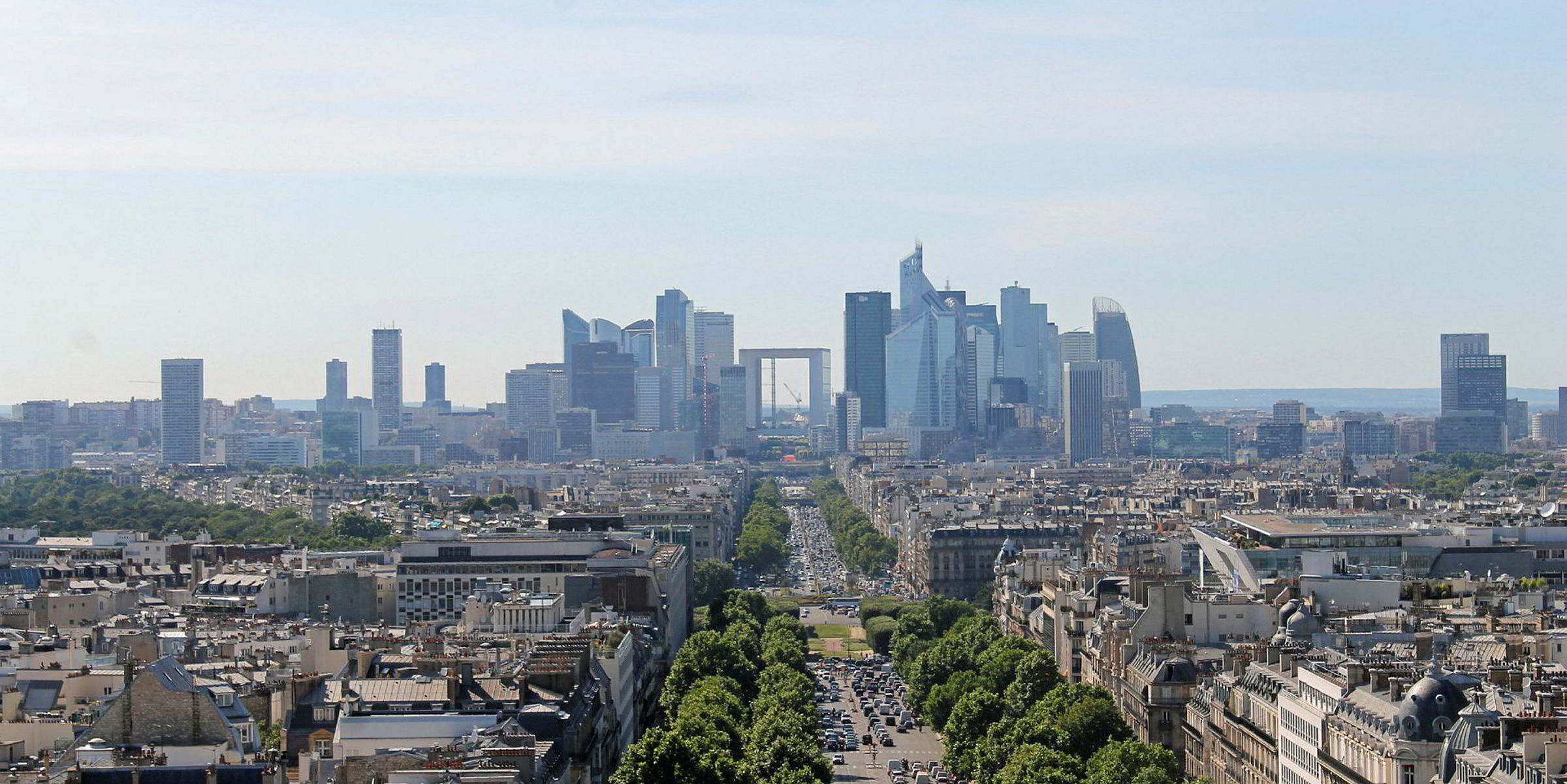
"That's why I believe that it is important that we give other values to companies and come back to what we were 40, 50 years ago," he says, explaining that in the past, companies took into account the needs of shareholders, customers and personnel.
Medef's corporate governance committee is led by Patrick Bertrand, chief operating officer of start-up financier Holnest, and is made up of business leaders from various industries.
These include Dominique Ceolin, chairman of asset manager ABC Arbitrage; Delphine Gieux, board secretary at home energy management company Schneider Electric; and Emmanuel Lulin, chief ethics officer at cosmetics giant L'Oreal.
Louis-Dreyfus says the committee has just started its work, so he is not yet ready to say how he believes French business can make a cultural shift towards more long-term thinking.
But he seems to have a clear view of the problem.
"It's about becoming conscious that our world in business is not working as it should for the benefit of all stakeholders," he says, before adding: "I'm not a communist."
